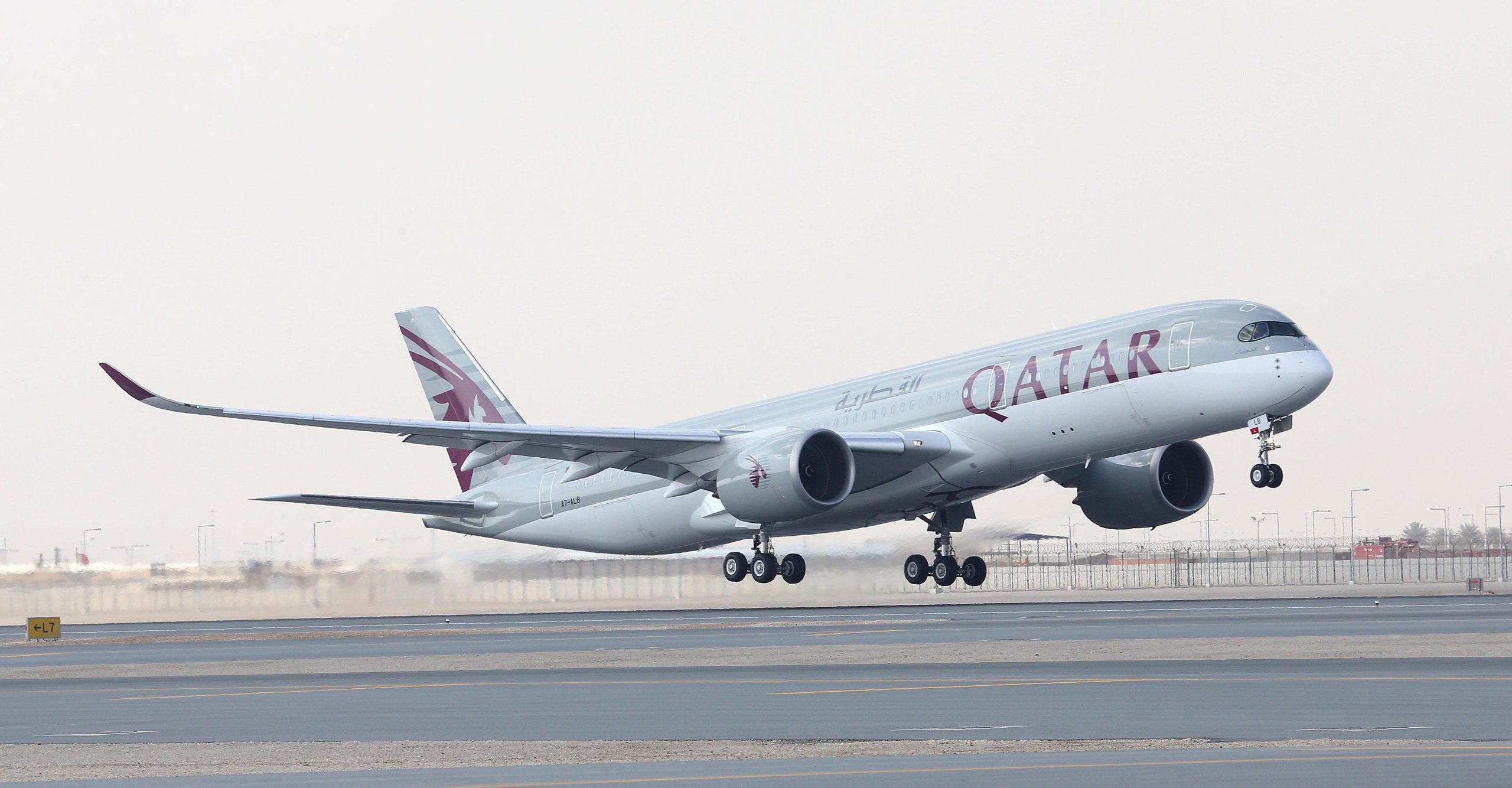The QCAA and Qatar Airways hope the upcoming meeting will shed light on why their application was rejected, insisting that they face more stringent conditions in Australia than any other carrier in the Gulf Cooperation Council (GCC) region.
Australian authorities are set to consult with Qatari officials over a controversial decision declining a request from Qatar Airways to nearly double its weekly flights to cities in the country, reported The Guardian Australia.
The revelation was made during a Senate inquiry earlier this week that involved hearings with the Qatar Civil Aviation Authority (QCAA), airline executives, and other stakeholders.
The inquiry’s objective was to examine whether the Australian government’s decision had a stifling effect on competition in the aviation sector.
The QCAA, which initiated the request for an additional 28 flights per week to Sydney, Melbourne, Brisbane, and Perth, had formally sought consultations with the Australian Department of Infrastructure and Transport on 16 August.
In a written submission, the QCAA stated, “We sincerely hope that the department will agree to schedule consultations as a matter of urgency and priority.”
Qatar Airways’ executives confirmed at the Senate hearing that they are still awaiting these consultations.
A spokesperson from the Department of Infrastructure and Transport told Guardian Australia that it had received the QCAA’s request and is considering it.
According to the department, “consultations are provided for under our current air services arrangements.” The department is expected to contact the QCAA before 25 October to arrange the consultation, in line with existing air service agreements.
Matt Raos, Qatar Airways’ Senior Vice-President of Global Sales, expressed dismay at the Senate hearing.
“We were surprised and shocked by the decision of the Australian government to reject our application for additional flights to Australia. Even more surprising was that the government gave us no reason for rejecting our application,” he said.
Fathi Atti, Qatar Airways’ Senior Vice-President of Aeropolitical and Corporate Affairs, stated at the inquiry that he believed the application had “been unfairly rejected.”
Jayne Hrdlicka, CEO of Virgin Australia, denounced the Australian government’s decision and described it as lacking “coherent logic” and not in the national interest.
Hrdlicka disclosed that Prime Minister Anthony Albanese had not discussed the decision during their meeting on 13 July, three days after Transport Minister Catherine King made the decision.
During the inquiry, Qantas CEO Vanessa Hudson argued that approving the request would distort the aviation market, a stance originally put forth in October 2022. Hudson dodged questions about whether Qantas’s position had changed given the aviation market’s recovery, insisting that their opposition was not financially motivated.
Both Hudson and Qantas’s General Counsel, Andrew Finch, allowed their 2022 submission to be shared with the Senate committee, albeit in redacted form, citing the importance of confidentiality.
Finch elaborated on this point, stating that confidentiality was crucial to ensure “corporates and individuals feel comfortable when they make submissions to the government.”
Meanwhile, Chairman of the Qantas Board Richard Goyder shrugged off calls for his resignation due to reputational damage stemming from multiple crises.
He assured the committee that major shareholders and the board are “very strongly supportive” of him and defended his ethical track record in business.
The Australian government has been facing heat since denying the Qatar Airways request for additional flights. Aviation experts and officials across the country have called for transparency into the decision, and have accused the government of falling for Qantas lobbying.
the entities responsible for overseeing two of the nation’s largest airports, Brisbane and Melbourne airports, have urged the federal government to reconsider its rejection of Qatar Airways’ proposal.
During the Senate inquiry held in Brisbane on Tuesday, the Brisbane Airport Corporation (BAC) expressed its concerns regarding the adverse consequences of the rejection, including the escalation of airfares and a detrimental impact on tourism.







